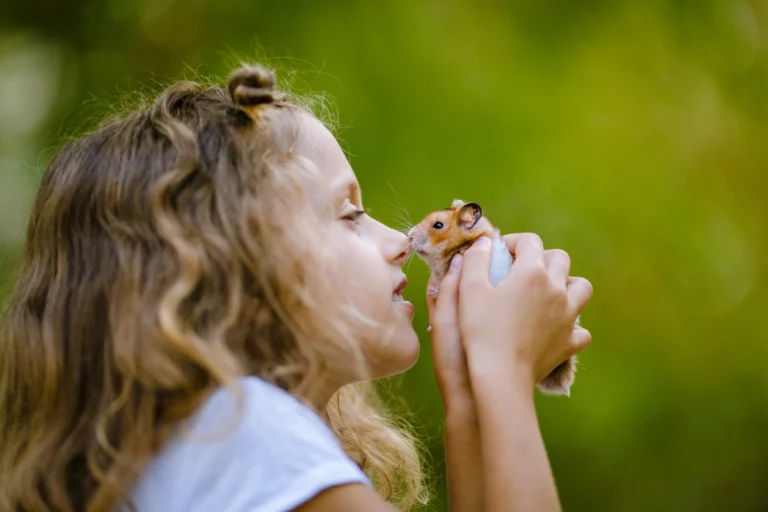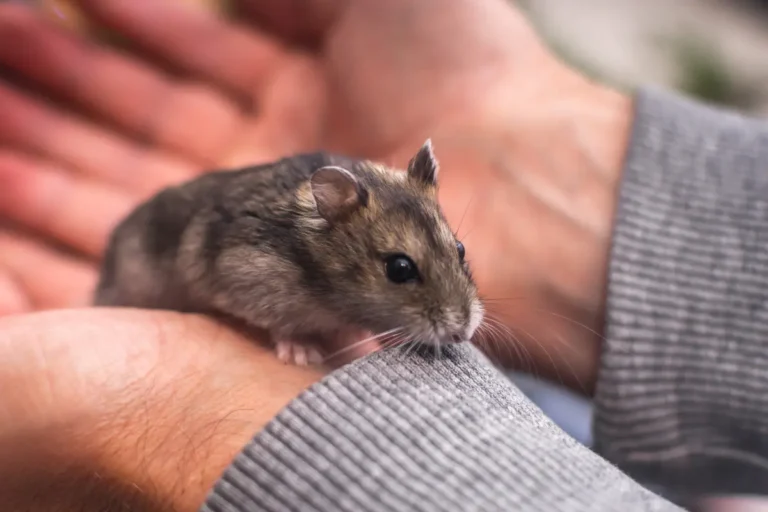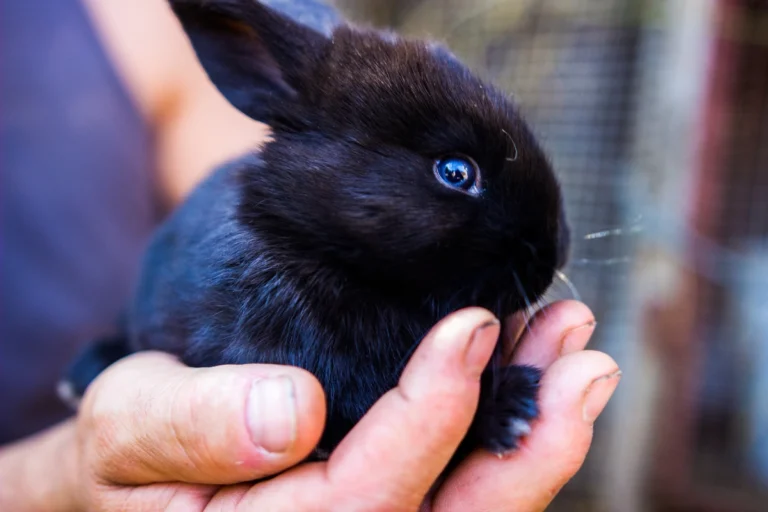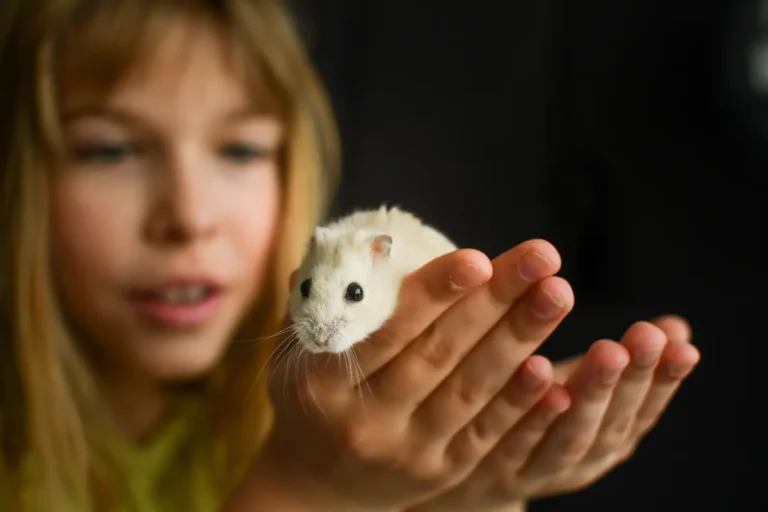Male vs. Female Hamsters: Which is the Better Choice for You?
Choosing a hamster as a pet is a fun and rewarding experience, but one decision that often stumps new pet owners is whether to adopt a male or female hamster.
While both genders share many similarities, there are notable differences in behavior, health, and care requirements that can influence your choice.
1. Personality: Is There a Real Difference?
Personality is one of the most important factors to consider when choosing a hamster. There’s a common belief that female hamsters are more energetic or even aggressive, while male hamsters are often described as calmer and more affectionate. However, this is a generalization that doesn’t always apply.
Both male and female hamsters can exhibit a wide range of personalities. Some males are incredibly energetic, sometimes even more so than females, while some females are calm, friendly, and affectionate. The temperament of a hamster is influenced by its nature and how well it has been socialized.
For instance, while some male hamsters enjoy cuddling, others may prefer their personal space. Likewise, many female hamsters can be very social if handled frequently from a young age.
If you have specific personality traits in mind, consider spending time with a hamster before making your decision. Interacting with the hamster will give you a better idea of whether its behavior aligns with your expectations.
2. Physical Differences: What You Need to Know
While personality varies, there are some physical differences between male and female hamsters that are worth noting.
- Size and Shape: Males are generally slightly larger than females, though the difference is usually minimal. Females are typically a bit more compact, but this has little impact on day-to-day care.
- Sexual Characteristics: The most noticeable physical difference is that male hamsters tend to have larger, more prominent testicles, especially as they mature. While this is often a consideration for those sensitive to such traits, it doesn’t typically affect their care or behavior.
3. Smell: How Gender Affects Odor
For some hamster owners, scent sensitivity plays a role in the decision-making process. Both male and female hamsters have distinct smells, but the intensity and nature of these odors can vary.
- Male Hamsters: Males often have stronger-smelling urine, especially if they are not neutered. Although their urine scent can be potent, the overall odor is usually less noticeable than that of female hamsters in heat. However, like all hamsters, males can create a strong smell if their cage isn’t cleaned regularly.
- Female Hamsters: Female hamsters tend to have a more pronounced odor, particularly when they go into heat. Every four days, female hamsters enter a heat cycle, during which they release a strong, rubber-like scent to attract males. This scent can be overpowering in a confined space, so if you are sensitive to odors, this is something to keep in mind.
With regular cage cleaning, the smell can be minimized in both males and females. Some hamster owners become accustomed to the scent, while others find it bothersome.
4. Health Considerations: Reproductive Issues
Gender also influences the potential health issues your hamster might face, particularly regarding reproductive health.
- Female Hamsters: Female hamsters are more prone to reproductive health problems, such as pyometra (a serious uterine infection), cysts, or tumors in the reproductive organs. These conditions can be prevented with spaying, though the procedure involves additional veterinary care and costs.
Additionally, female hamsters go through heat cycles, which may bring about behavioral changes, such as increased irritability or aggression. If a female hamster starts bleeding, this is a serious health issue since hamsters do not menstruate like humans. Any abnormal bleeding should prompt an immediate visit to the vet.
- Male Hamsters: Male hamsters are generally less prone to reproductive health issues, although they can experience testicular problems like cancer, which, while rare, may require medical attention. Male hamsters tend to face fewer reproductive health risks overall compared to females.
If you want to avoid reproductive health concerns, opting for a male hamster may be the easier option. However, both males and females can lead long, healthy lives with proper care and regular veterinary check-ups.
5. Behavior Toward Other Hamsters: Social Dynamics
Hamsters are naturally solitary animals, and housing them together can often lead to territorial disputes. However, there are differences in how males and females interact with other hamsters.
- Male Hamsters: Males are typically less territorial and may tolerate living with other males, especially if they were raised together. However, during mating season, they can become more aggressive. If you plan to house multiple males, ensure they have enough space and separation to minimize the risk of aggression.
- Female Hamsters: Female hamsters tend to be more territorial, particularly during their heat cycles. They are less likely to tolerate living with other females or males, and may engage in aggressive behavior if housed together. It’s generally recommended to keep female hamsters in separate cages to prevent conflicts.
If you’re planning to house more than one hamster, males are typically the better option. But whether you choose males or females, providing enough space and monitoring behavior is crucial to their well-being.
Which Gender Is Right for You?
The decision between adopting a male or female hamster ultimately depends on your preferences and lifestyle. Consider the following factors when making your choice:
Choose a Male Hamster If:
- You prefer a more social and potentially playful pet.
- You don’t mind the stronger scent of male urine.
- You want to avoid reproductive health risks.
- You plan to house multiple hamsters (with sufficient space).
Choose a Female Hamster If:
- You prefer a more independent or territorial pet.
- You’re comfortable managing the scent during heat cycles.
- You’re prepared to handle potential reproductive health issues.
- You enjoy observing nesting and solitary behaviors.
Regardless of gender, the most important factor is the individual hamster’s personality. Both male and female hamsters can make wonderful pets when their needs and behaviors are understood.






